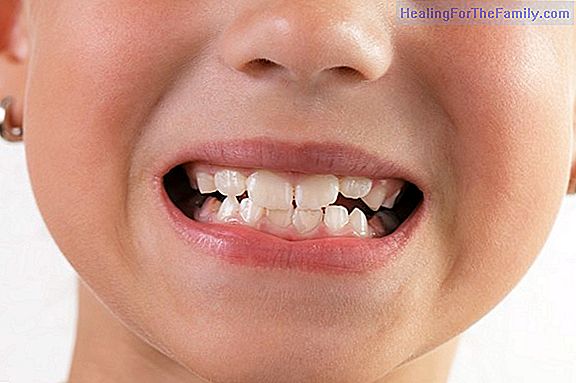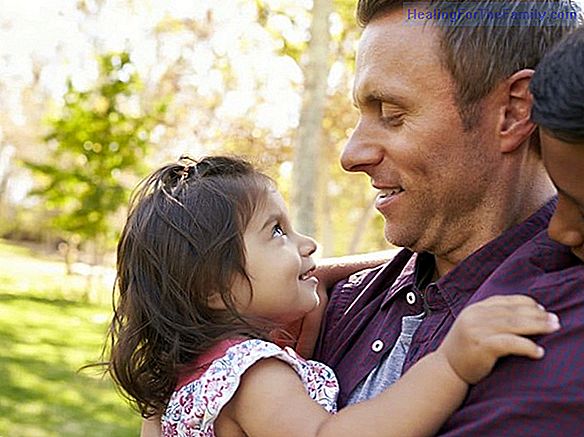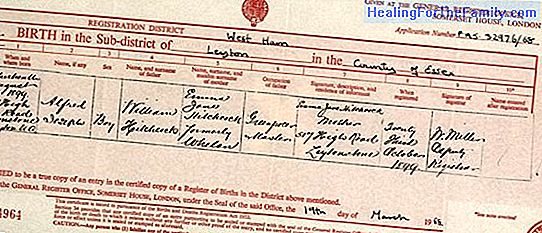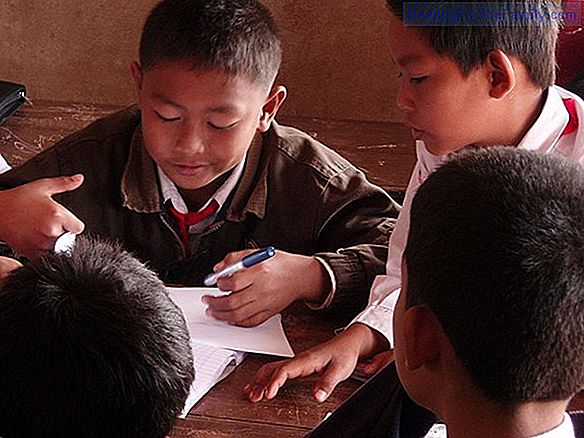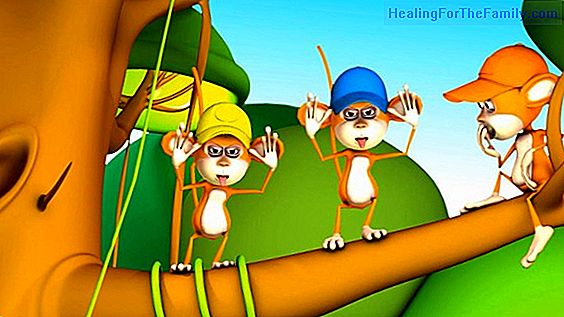Most common traumas in childhood
Throughout childhood, the child configures his personality based on the experiences he experiences. In that evolution, positive and negative emotions are guiding the child towards adulthood and identity. In this way, the child can experience certain traumas or events that define his personality. We
Throughout childhood, the child configures his personality based on the experiences he experiences. In that evolution, positive and negative emotions are guiding the child towards adulthood and identity.
In this way, the child can experience certain traumas or events that define his personality. We tell you what are the most common traumas in childhood and what kind of behaviors can cause.
The 4 most common traumas in childhood
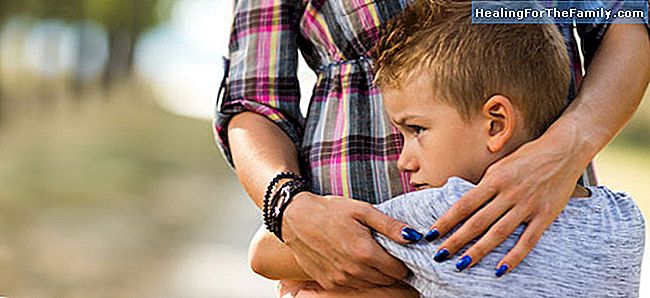
Childhood is a stage of intense life and in which we are more vulnerable. It is a period in which children are learning and acquiring the skills and tools necessary for a future life.
This learning is based on the establishment of a strong bond between children and their caregivers who serve as guides and example; being the fundamental pillars so that through experiences, children develop with security and autonomy
When parents try to facilitate these tools and capacities to children, the role of emotions is fundamental.
When negative emotions occur very intensely, or most of those that occur are negative in nature, children are likely to experience situations of "early stress" that will make them lose their way in their development and maturity. With this loss of course is how traumas appear. We tell you what are the most common traumas in childhood due to these negative emotions and how the child can act in the future.
- Fear of rejection. When the child reaches approximately 2 years of age, he is seen as a person independent of his parents. When this happens, the child begins to seek acceptance of the figures that are most important to him. If the emotion that appears in this action is negative, that is to say, the people in whom he seeks security rejects him, an emotional wound will be created that will cause a trauma that will generate low self-esteem. In the future he will have a continuing fear of failure and the need for the approval of others in everything he does.
- Treason. It's something that happens a lot. Many parents make promises that later are not fulfilled and this is something that children see as a betrayal and do not forgive. This action generates in the child the idea of not being able to trust anyone. When it happens with assiduity the child learns to isolate himself and feel alone. In the future, these children will behave in a cold way and do not let others get closer or share their intimacy.
- Fear of abandonment. The absence of attachment figures in childhood creates a sense of abandonment in the child that makes them insecure and dependent on others in the future. It is one of the biggest causes of depression in adults.
- Humiliation. It is intimately related to rejection. This trauma appears when the child feels that they disapprove and criticize him. For example, by telling them that they are clumsy, they are bad, they are heavy or telling their problems to everyone. This destroys their self-esteem and causes the child to develop a dependent personality in the future, or on the contrary, the child generates a behavior.




